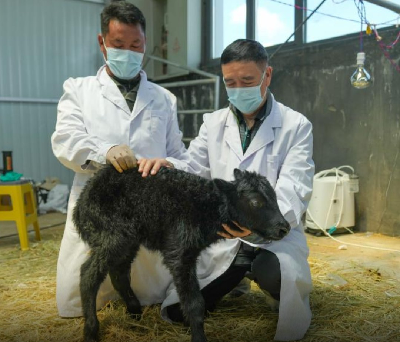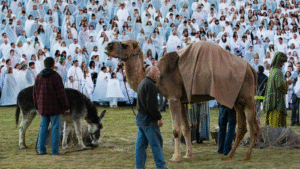In a groundbreaking scientific achievement, researchers in Tibet have successfully delivered the world’s first cloned yak via cesarean section. This historic event marks a significant milestone in the field of animal cloning and conservation biology, especially for high-altitude livestock breeds crucial to the Himalayan region.
The cloned yak was born healthy under controlled veterinary supervision, utilizing advanced somatic cell nuclear transfer technology. Scientists involved in the project stated that this breakthrough could help preserve rare yak breeds, enhance livestock productivity, and contribute to food security in high-altitude regions.
The cloning project was led by a collaborative team of Tibetan agricultural scientists and geneticists, who believe this success paves the way for similar cloning efforts in other indigenous species facing population decline.
The successful birth of the cloned yak is seen as a scientific leap forward for Tibet and a promising development for sustainable animal husbandry across mountainous terrains worldwide.







